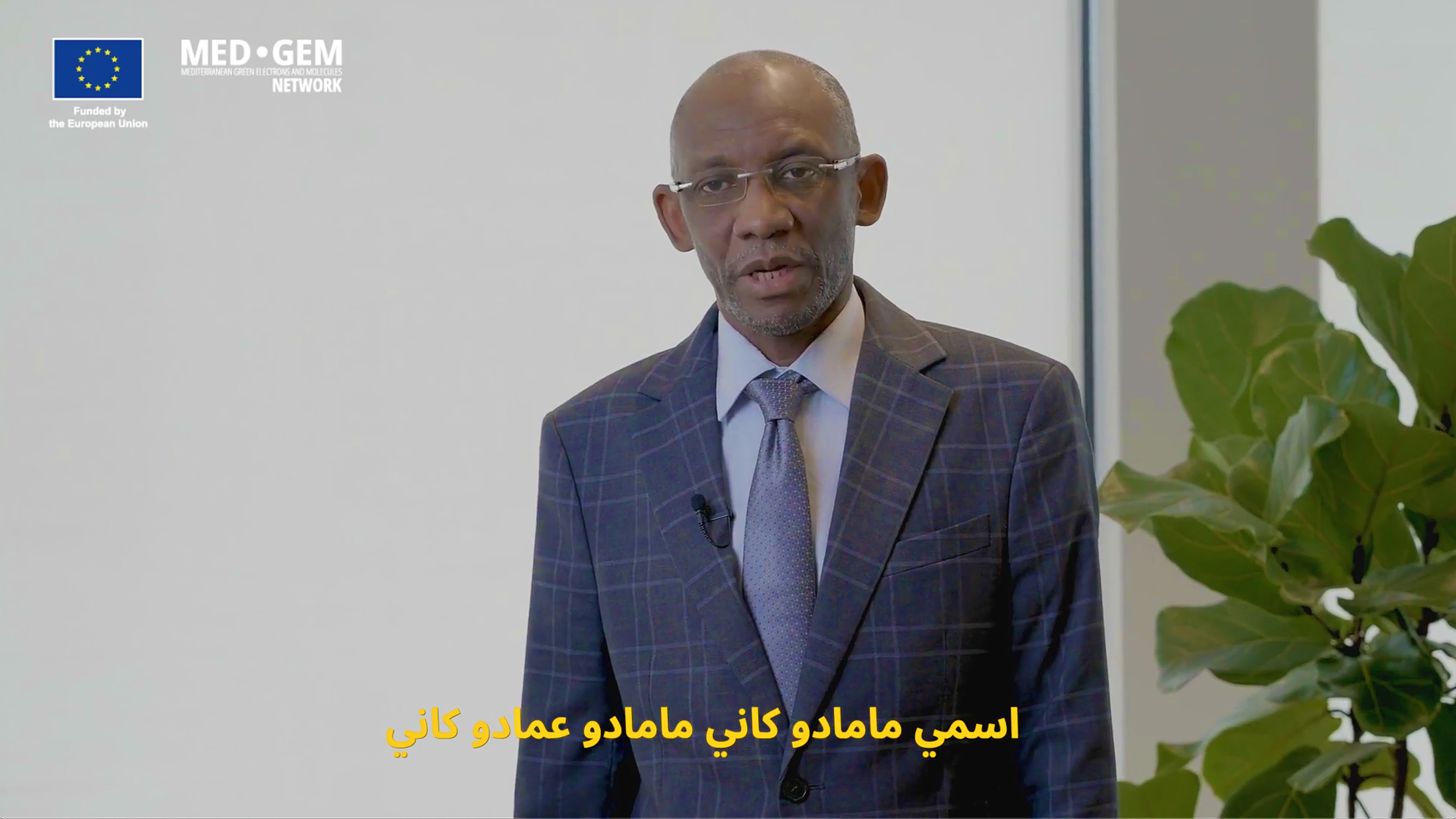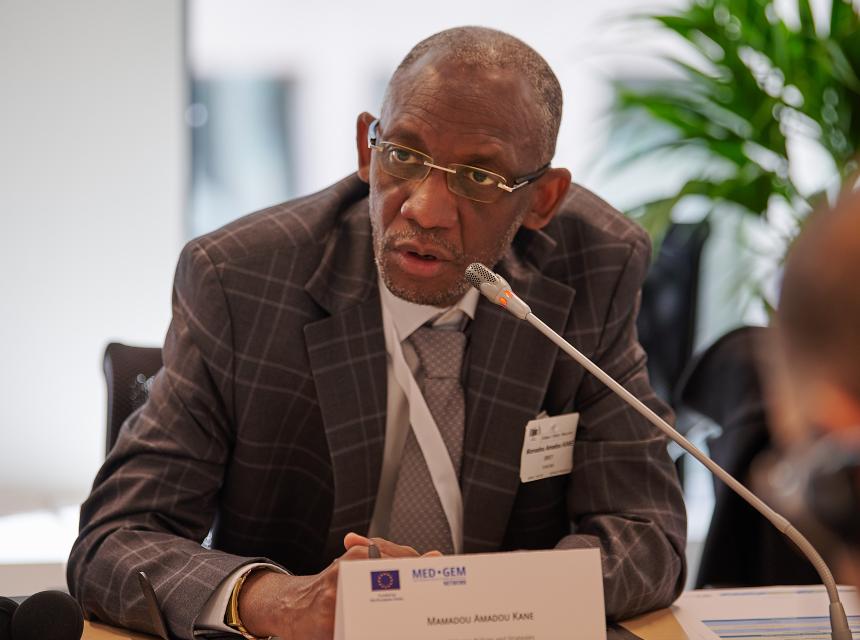Mauritania: An Emerging Leader in Green Hydrogen. Interview with Mamadou Amadou Kane.
In a world rapidly embracing energy transition, Mauritania emerges as a strategic player in green hydrogen development. In an exclusive interview, Mamadou Amadou Kane, Head of Mission Policies and Strategies at the Ministry of Petroleum, Mines and Energy, highlights the crucial collaboration with the European Union, seen as a natural partner for exporting this promising resource. With its renewable energy assets, notably the complementarity between solar and wind energy, and vast coastal spaces, Mauritania aims to become an essential energy hub at Europe's doorstep.

📺 Watch in French with Arabic Subtitles
In the face of a global push towards renewable energy, Mauritania is positioning itself as a significant contributor to the green hydrogen market. To delve deeper into the country's strategy and prospects, we spoke with Mamadou Amadou Kane, Head of Mission Policies and Strategies at the Ministry of Petroleum, Mines and Energy, and coordinator of the energy sector transformation program. This conversation took place during the third Steering Committee of the MED-GEM Network, held at the headquarters of "Hydrogen Europe" in Brussels on June 11, 2024.
Strategic Position and Abundant Resources
“We have excellent wind and solar potential,” Kane states. “Our wind and solar resources are highly complementary: when there is no wind, there is sun, and vice versa. With a country spanning 1.1 million km² and a population of less than 4 million, much of the northern part being uninhabited, we have vast spaces and nearly 750 km of coastline—ideal conditions for green hydrogen production via electrolysis.”
This synergy between solar and wind energy, coupled with vast open spaces, positions Mauritania as a potential major player in the green hydrogen market. “We consider the European Union our primary ‘off-taker’ for hydrogen,” Kane emphasizes. “The EU is a natural partner, and it has significantly helped us establish a regulatory and legislative framework for both energy and green hydrogen.”
An Ambitious Roadmap and Strategic Partnerships
To realize this vision, Mauritania has developed a comprehensive roadmap with the international firm AFRY. “We decided two to three years ago to harness this potential,” explains Kane. “We adopted a new electricity code at the end of 2022 and are preparing to adopt a new green hydrogen code.”
The country has already signed agreements with several major international groups. “We have agreements with TOTAL ENERGY, CHARIOT, BP, and a German company called CONJUNCTA, which is in a consortium with MASDAR and INFINITY in Egypt. CWP, an Australian-American company now allied with WOODSIDE, was the first to arrive,” Kane details. “We aim to reach agreements by the end of 2024, with fiscal incentives for companies starting activities before January 1, 2030.”
Overcoming Challenges
However, the path to a successful energy transition is not without challenges. “We face significant infrastructure and human resource obstacles,” Kane admits. “We have developed specific cooperations to overcome these challenges, particularly with countries like Morocco, Egypt, Namibia, Chile, and Australia.”
A Firm Commitment to the Future
Despite these challenges, Mauritania is determined to move forward. "We believe the framework is well advanced and can enable the companies already in place to continue their discussions," asserts Mr. Kane. "We will formalize our membership in MED-GEM and continue to promote cooperation with the European Union and other similar countries." With companies like TOTAL ENERGY, BP, and various consortia interested in partnerships, discussions are progressing rapidly, with the aim of reaching comprehensive agreements by the end of the year.”
To conclude, Mauritania's ambition to develop its green hydrogen potential relies "not only on cooperation with the European Union but also on South-South cooperation with countries similar to ours." Mr. Kane emphasizes the importance of this transformation for the harmonious development of the country. "We are now fully committed to the energy transition," he concludes. "We have much to share with the European Union and are eager to see these projects come to fruition. »

